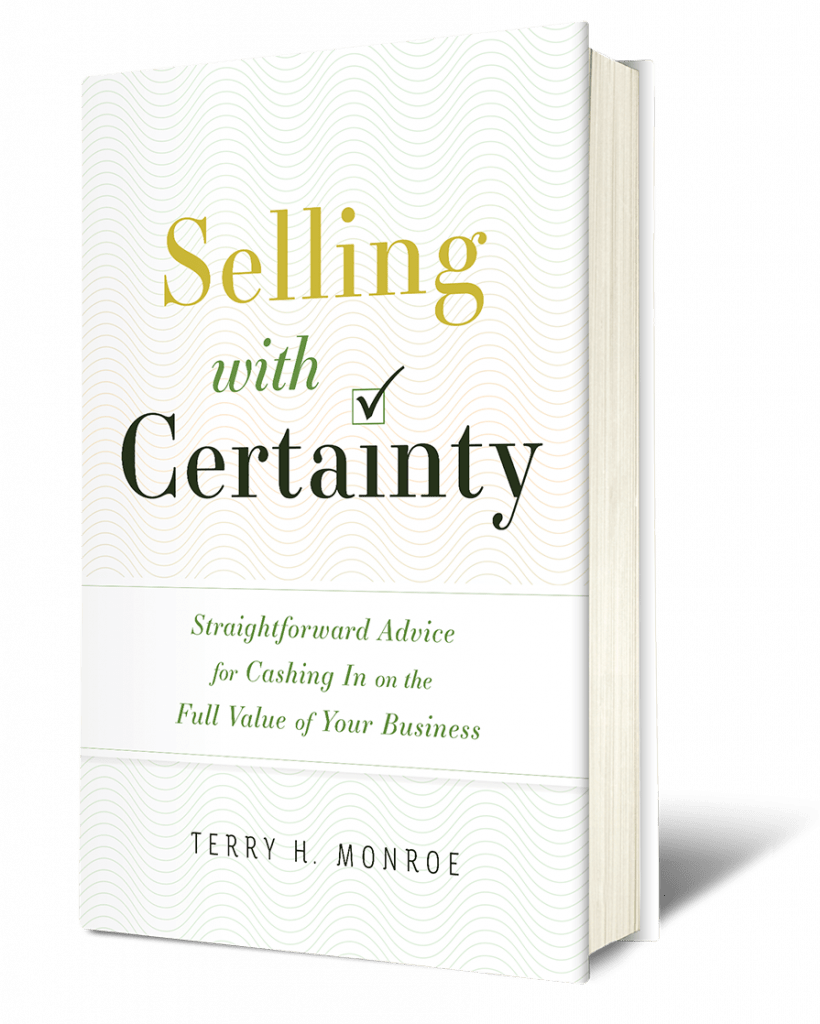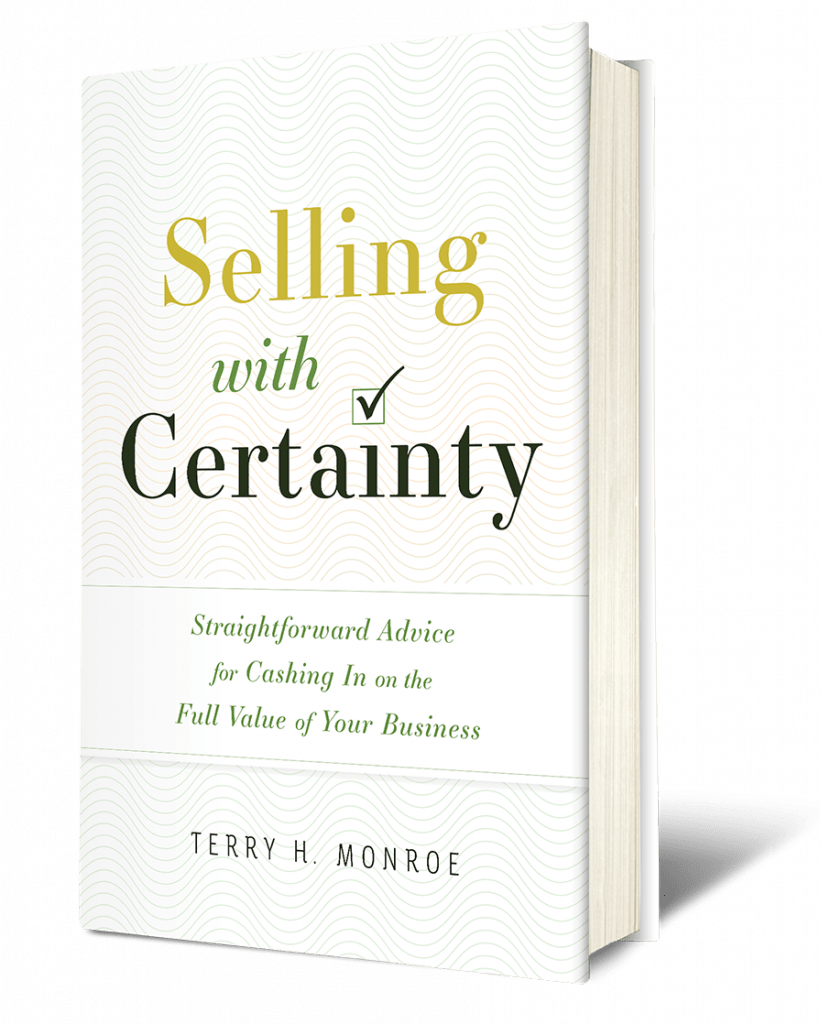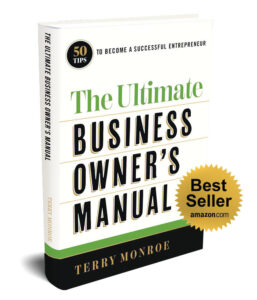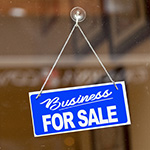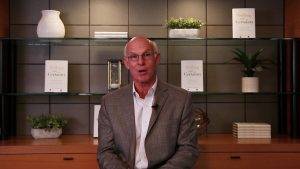Recently a friend of mine sent me an email showing a beautiful new convenience store that was listed for sale and wanted to know why would a new store by a notable convenience chain appear listed for sale. Well, let me digress for a moment and I can explain why.
Years ago, there was a book written named “McDonald’s Behind the Golden Arches” by John Love that tells the story of Ray Kroc and how he acquired the franchise rights to McDonald’s and grew the concept into one of the largest and most profitable companies in the world.
For those of you who don’t like to invest the time to read, you can watch the movie, which came out in the theaters in December of 2016 called “The Founders” starring Michael Keaton, which also tells the story of Ray Kroc and the success of how he acquired and built McDonald’s.
AND A BAG OF FRIES
The reason I refer to the book and the movie is because most people believe that McDonald’s is a successful chain of stores that is in the hamburger business to which they would be partially correct.
But the truth of the matter is that McDonald’s almost went broke selling hamburgers and it wasn’t until the company changed its business model to reflect a real estate business model that the fast food chain was able to avoid going broke. The decision actually catapulted it into the money-printing machine it eventually became.
In other words, McDonald’s is the poster child for a business that was able to use the sale of hamburgers and other food items as the vehicle to pay for and generate profits from the real estate the stores were located on. I don’t want to go into detail on its business plan, but McDonald’s makes the bulk of its money from royalties that are tied to the franchise owner’s success of selling hamburgers (the vehicle), and McDonald’s gets a percentage of those sales. McDonald’s also owns the real estate on which each restaurant is located, so the company is paid rent, extracted from the sale of hamburgers and other items.
So, the more hamburgers McDonald’s peddles, the higher the gross sales and the more royalties the franchisee pays McDonald’s and the more rent McDonald’s receives.
So, how does this play into the convenience store my friend saw listed for sale on the internet?
Well, this convenience company, like many other large retail chains, had decided not to invest its capital into the real estate, but really has decided to invest its money into the business, allowing it to grow the enterprise at a much faster rate.
For example, to build the new store in question, the cost may have been $4.5 million, which is a lot of capital to invest and tie up for many years. By owning the real estate and all the improvements that go with building a new convenience store, first you must find a lender who will loan you the money, which will tie up a considerable amount of available credit and then you must provide the money for the startup of the business and the inventory.
With a large investment as such, a company may be limited as to how much money it can borrow and therefore limits the growth of the company just so it can own the real estate.
And why should they own the real estate, especially if they are not in the real estate business, but instead are in the convenience store business or the drug store industry or the dollar store business?
LEASING OPTION
By leasing instead of owning the real estate, this will allow the company to focus on its core business while having more capital to invest. Ultimately, if each of the stores it opens is successful, it allows it to generate even more profits.
This strategy allows the company to dominate a market that much faster too.
However, let’s look on the flip side of the coin as to why you would chose to own the property.
Once when I was in the video store and restaurant businesses I wanted to own the real estate and I would use the video or food sales as the vehicle to pay for real estate, owned by me personally.
In turn, I rented the property back to the company I was operating.
The operating company got to write off the rent it was paying me and I had the benefit of getting the rent and the appreciation of the real estate and eventually the ownership of the real estate, which I planned to sell or use for my retirement.
In other words, the real estate became a forced savings plan with tax benefits. And if I was good at picking good real estate locations for my business, I knew that if the vehicle (restaurant or video) I had rented the real estate to ever quit being profitable I could lease the real estate to another concept.
PORTFOLIO PLUS
Plus, since the purchase of the real estate ties up a lot of money I would be limited to the number of locations I could build, which was fine with me, because even if you were only building convenience stores that cost $1 million per site, after 20 years you would have a $20 million portfolio.
The concept mentioned above, which involves finding good real estate locations, is generally what most operators will do once they obtain the capital to acquire their first store, because they know they are going to continue to operate their business locally.
Of course, there are many different scenarios that can be worked from the leasing of the real estate for your business to owning your own real estate, and I would be happy to elaborate on these on more detail. Having owned multiple units and applying the McDonald’s concept to leasing my units, it allowed me to grow to 155 stores, mainly because I invested all my money back into the business and not into the real estate that housed that business.
As you can see, there are pros and cons in both scenarios. It all goes back to your original business plan and which way you want to grow.
(This article originally appeared in the September 14, 2017 Convenience Store Decisions -Daily post. You can find the original article here.

